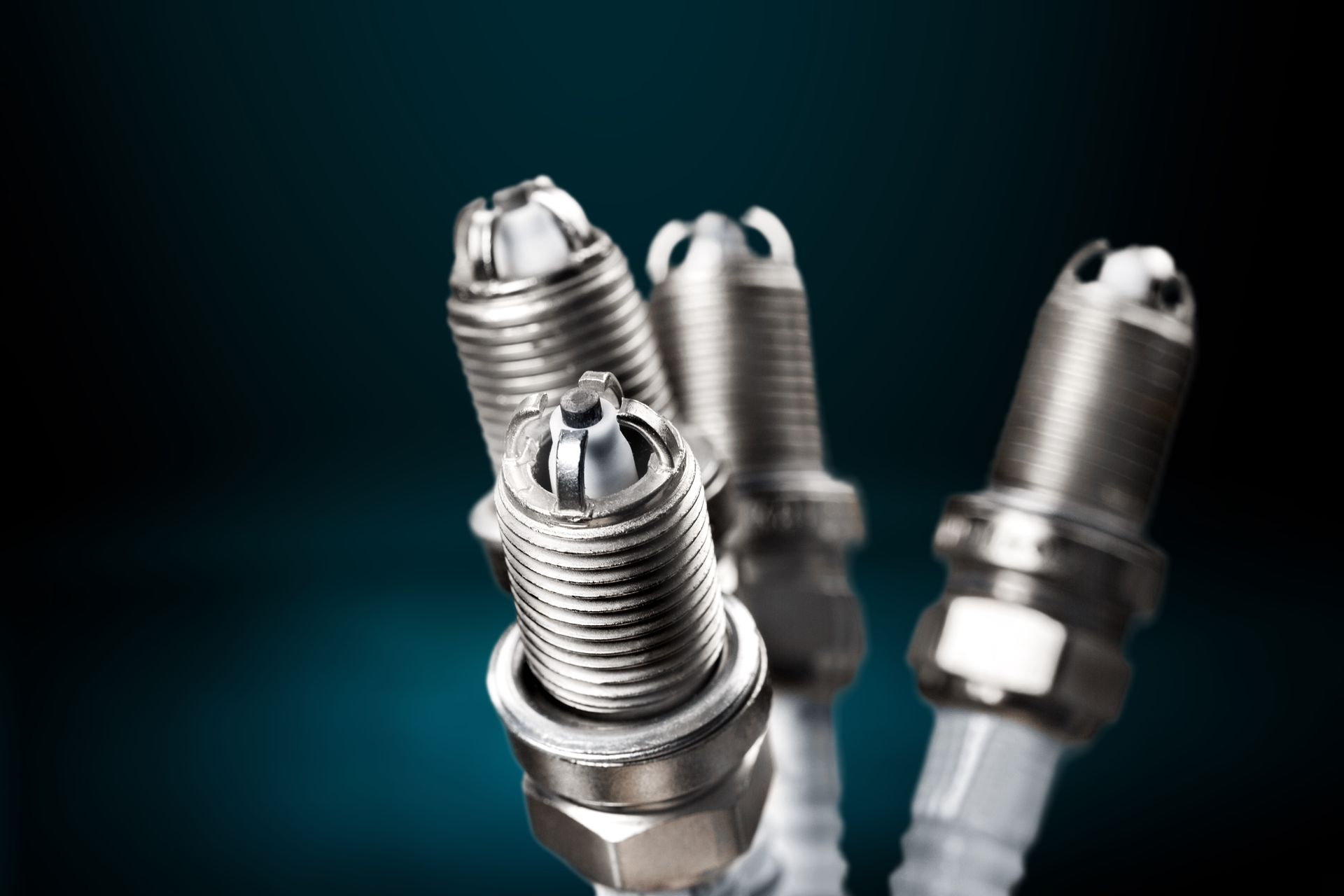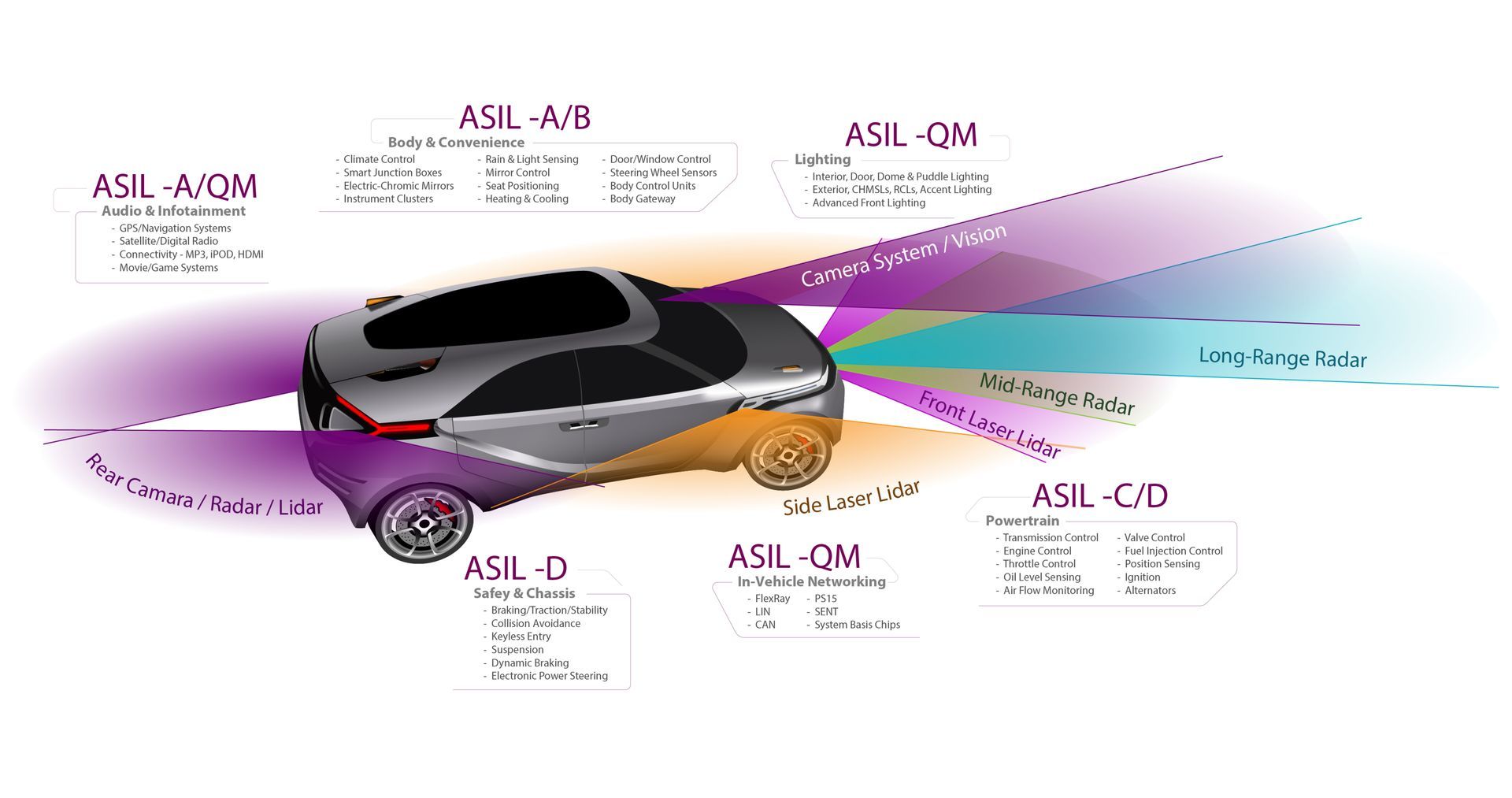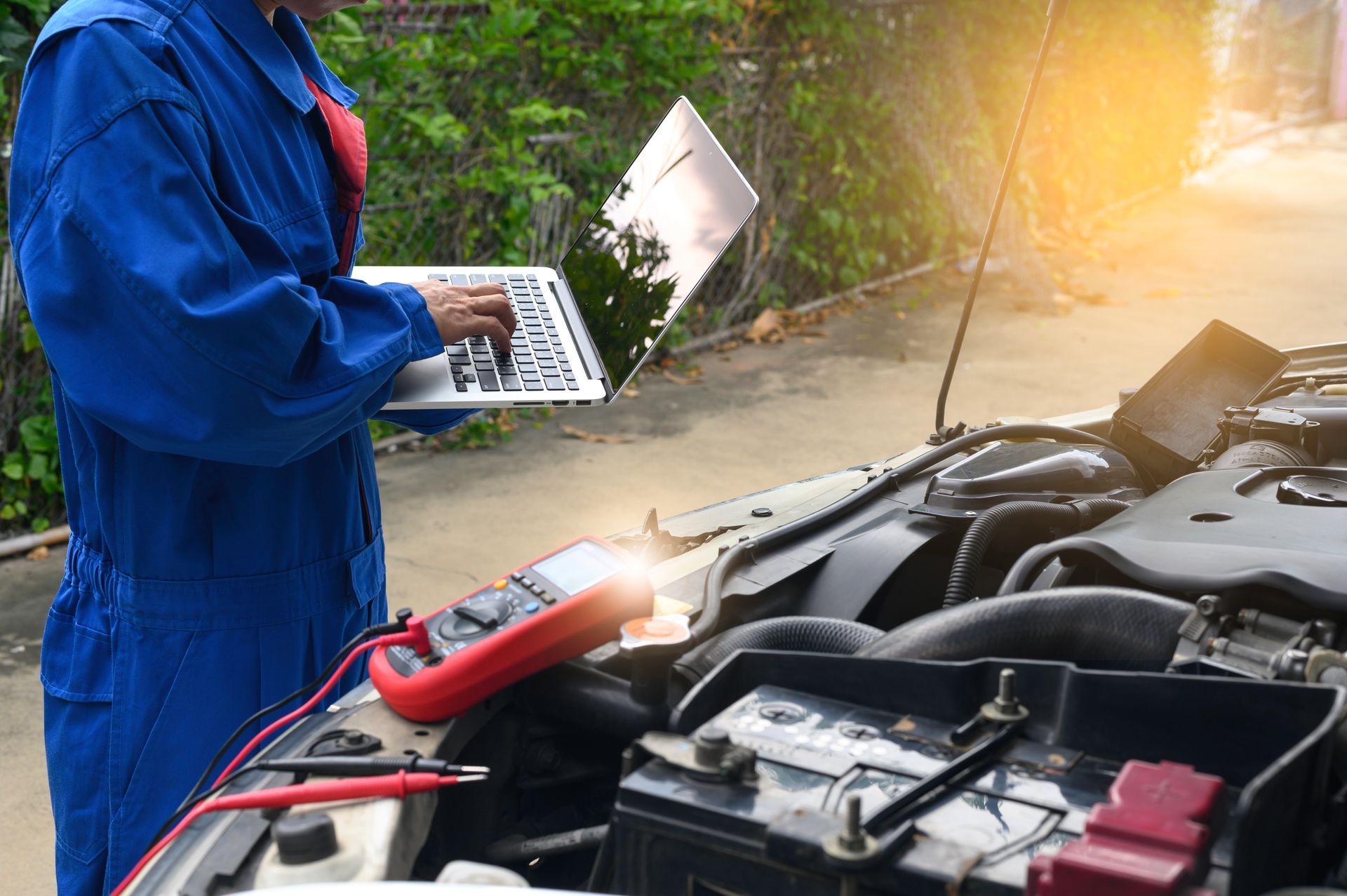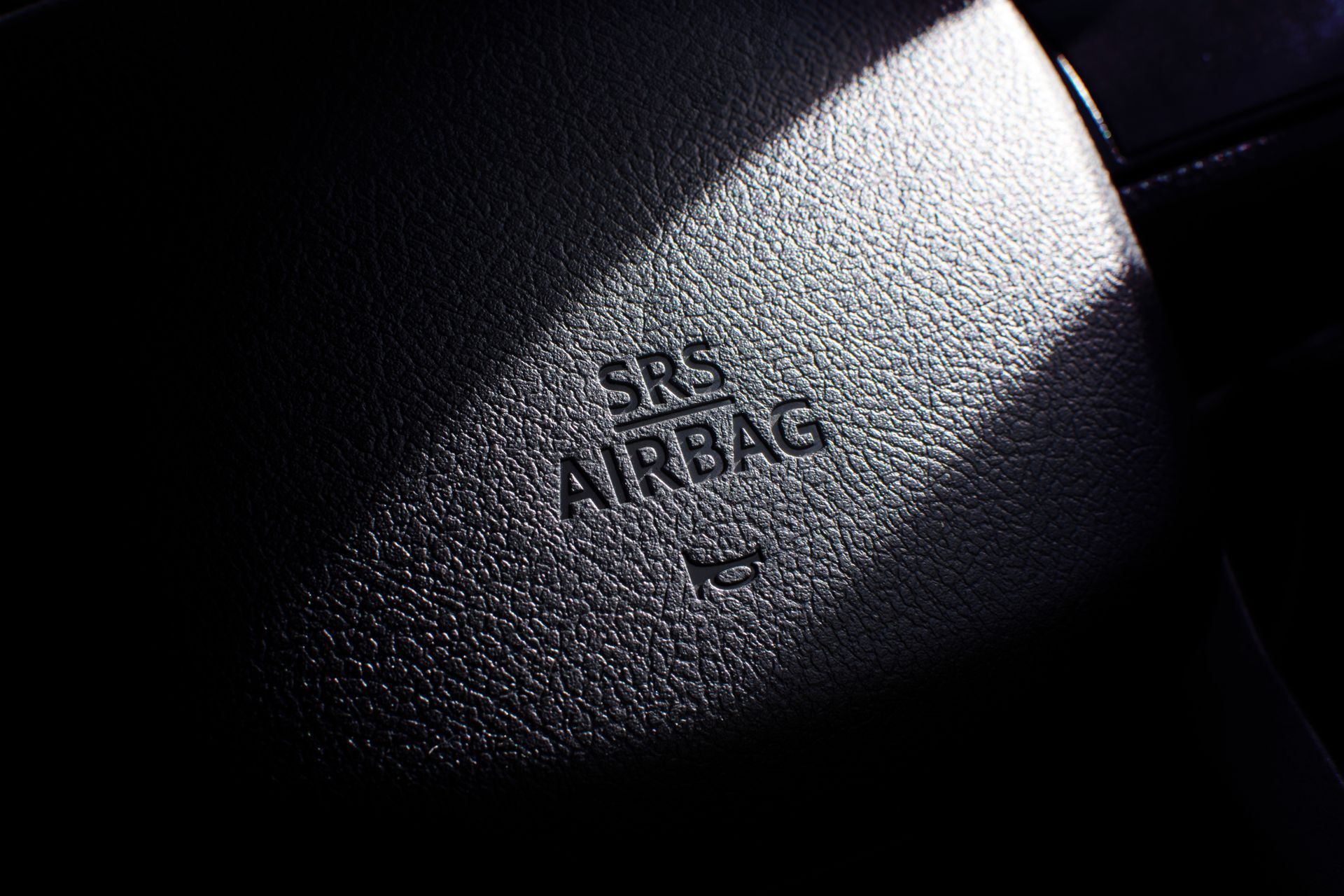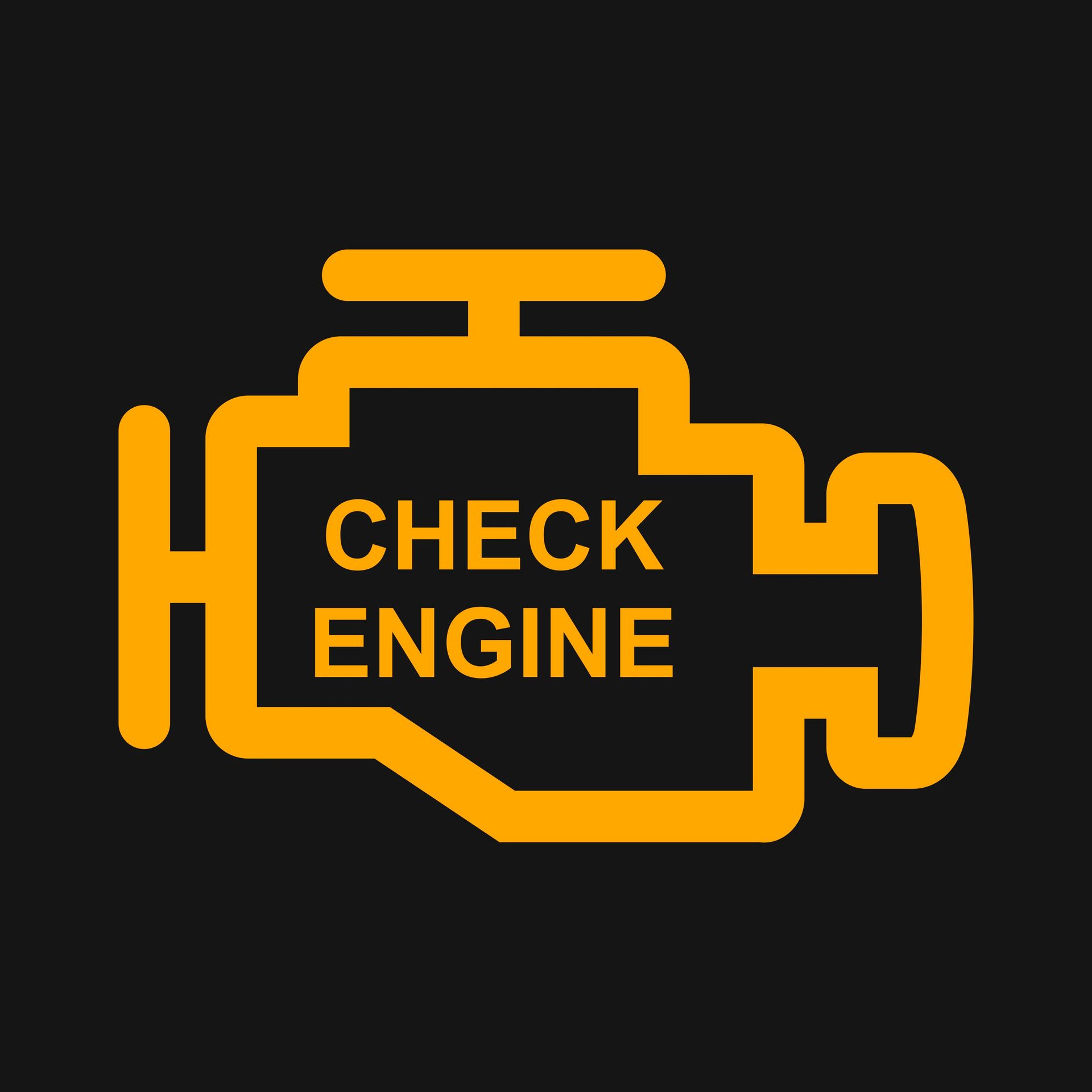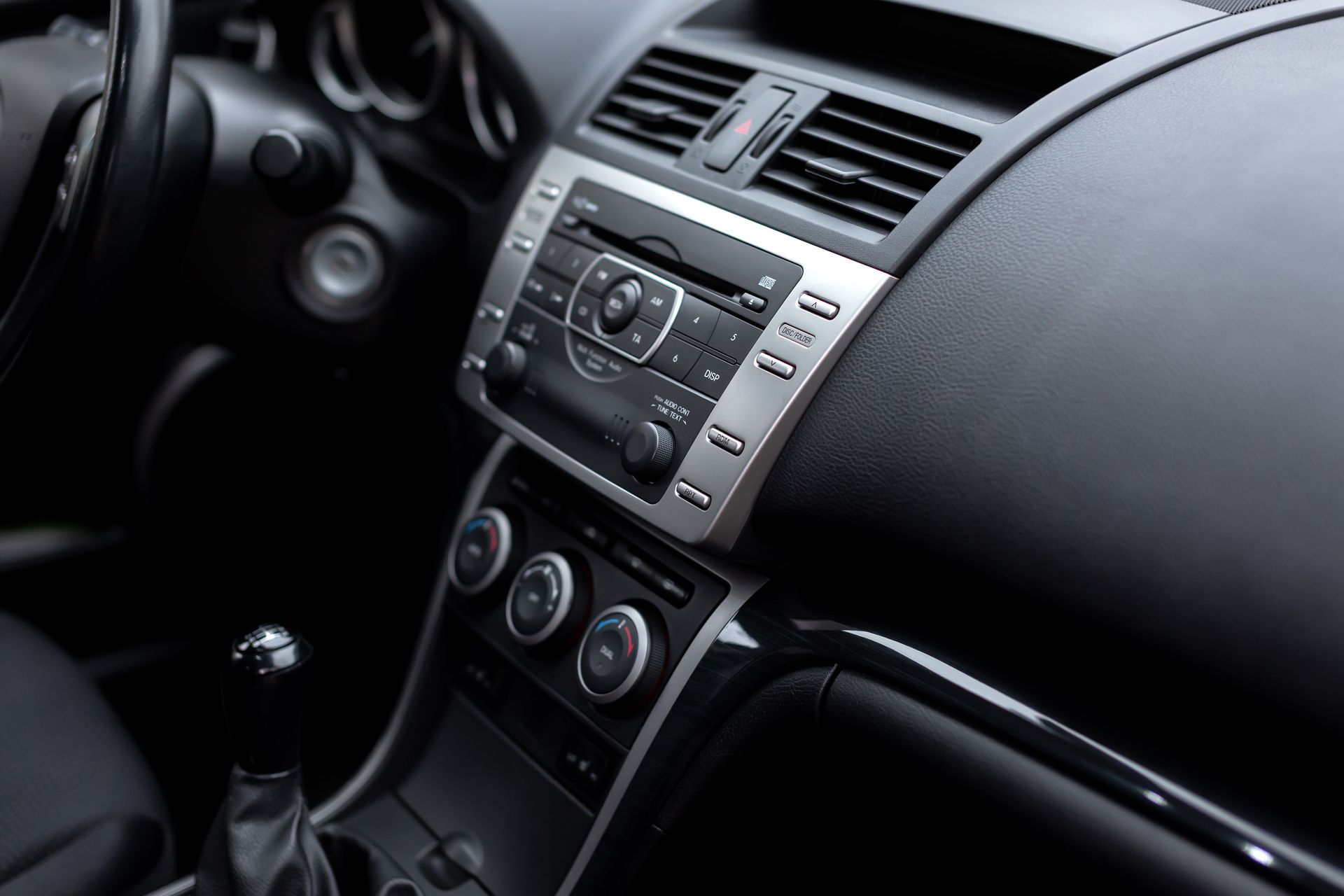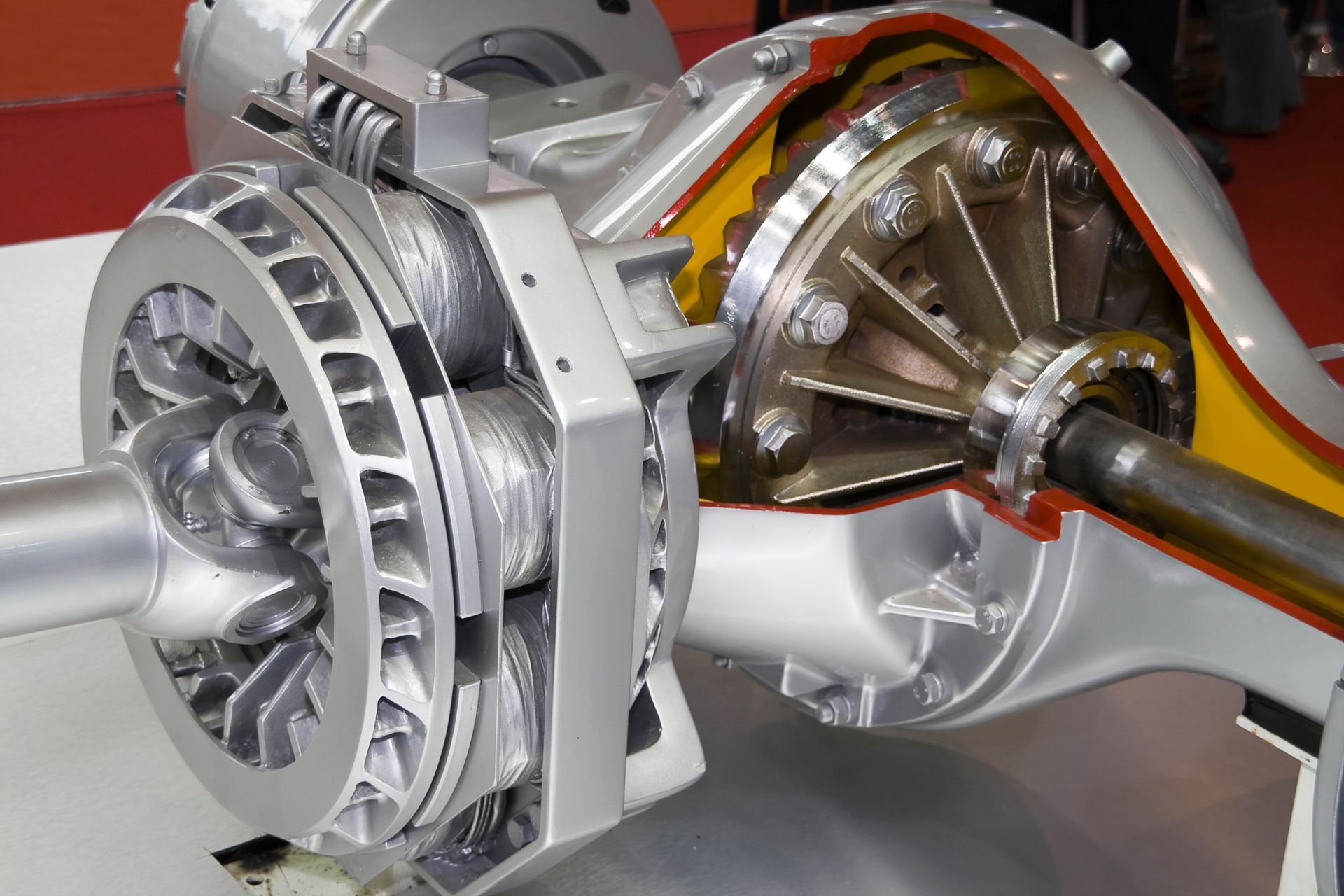Loading ...
Missing business hours data / Error occurred while getting the data.
★
★
★
★
★
Review
Call Us:
Blog
Links
Visit Us
Loading ...
Missing business hours data / Error occurred while getting the data.
Loading ...
Missing nap lines data / Error occured while getting the data.



